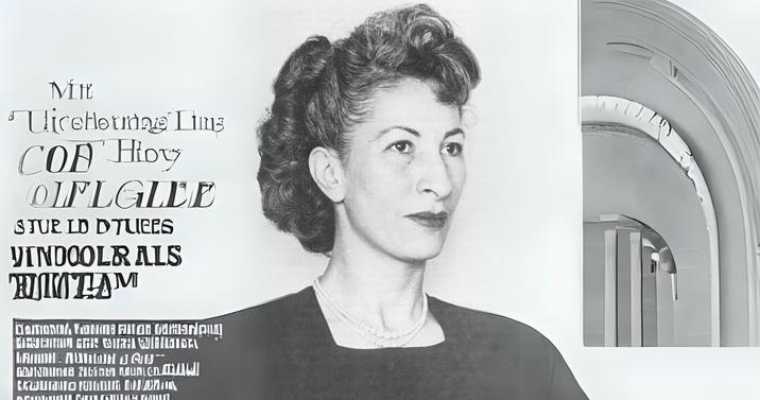Luisa Moreno was a pioneer who dedicated her life to social justice and workers’ rights. As a prominent labor organizer and civil rights activist in the 1930s and 40s, Moreno boldly confronted injustice against Hispanic and Latino workers in the United States. Though eventually deported from the country she fought so hard for, her courageous efforts blazed a trail for immigrant leaders and left a lasting legacy still felt today.
Luisa Moreno’s Early Life And Background
Luisa Moreno came from a supportive family in Guatemala that instilled in her a passion for justice from a young age. After being educated in the United States, she began her career in activism and journalism, foreshadowing the impact she would have on the world.
Childhood In Guatemala
Born Blanca Rosa López Rodríguez in 1907 in Guatemala’s capital city, Luisa Moreno grew up in a relatively affluent household. Her upper-middle-class family was highly encouraging of education and self-advancement for their daughter. At a young age, Moreno displayed her interest in equal rights by organizing a campaign for women’s university access in her home country. Her efforts were successful, reflecting her natural leadership and drive even as a teenager.
Education And Move To Mexico
Luisa Moreno was able to study at the prestigious, Catholic College of the Holy Names University in Oakland, California. After graduating with her education degree, she sought fresh opportunities in Mexico City working as a journalist. This transition to writing prepared her for communicating important social messages that would define her activism.
Labor and Civil Rights Activism in the United States
Witnessing exploitation among immigrant workers, Luisa Moreno felt compelled to take a stand against mistreatment. She quickly rose through union leadership ranks and organized major campaigns for economic and racial justice.
Experiencing Injustice Firsthand
Luisa Moreno moved to New York City with her husband in 1928, only to face severe hardship herself soon after. As a seamstress in the Spanish Harlem garment industry, she endured extremely long hours in unsanitary conditions for little pay. The mistreatment she and other Hispanic women faced sparked her motivation to remedy these labor rights violations.
Role In The Labor Movement
Deeply troubled by the working conditions at her factory, Moreno organized the first union for her fellow Hispanic garment workers. She joined the American Federation of Labor (AFL) as a professional organizer in 1935. Traveling the country, she unionized fields as diverse as cigar-rolling to agriculture. Her talents were recognized when she was appointed the first Hispanic woman Vice President of a major American trade union.
Role In The Civil Rights Movement
In addition to her labor activism, Moreno simultaneously contributed to advancing civil rights for the Hispanic community. In 1938 she launched the Spanish-Speaking Peoples’ Congress, uniting Latinos across ethnic lines to fight segregation and inequality. She built solidarity around combating police brutality against peaceful Spanish-speaking demonstrators. Moreno’s dual role in the labor and civil rights movements made her a household name.
Legacy And Impact
Blacklisted unjustly from her adopted country, Luisa Moreno’s courageous leadership created political opportunities for marginalized groups. Her poise and conviction in confronting corrupt authorities continue to inspire activists today.
Lasting Influence
Luisa Moreno’s headline-grabbing accomplishments paved the way for other Hispanic Americans and women to make their marks fighting racism and economic inequality. She brought national attention to Latino issues, setting up victories for leaders who came after her. The husbands and sons marching off to war were protected by the vastly improved workplace conditions she achieved.
Deportation And Later Life
In the Cold War hysteria of the late 1940s, Senator Jack Tenney targeted Moreno as a suspected Communist sympathizer. When she refused to make false confessions about fellow activists, the Senator had her deported from America in 1950. Moreno settled in Mexico and continued labor organizing internationally until she died in 1992, but was unfortunately never allowed back into the United States.
Conclusion
Luisa Moreno’s brief but extraordinary life was one of breaking barriers and bringing disenfranchised groups together in solidarity. She lit the spark initiating major improvements for Latinos and organized labor that continued long past her setbacks. Moreno’s is a legacy of courage and justice in the darkest of times that still manages to inspire toward the light.
